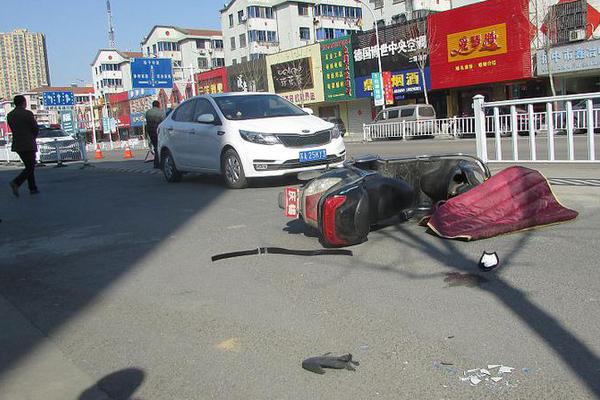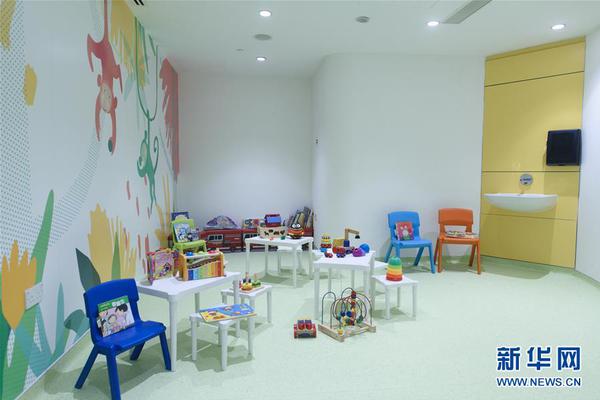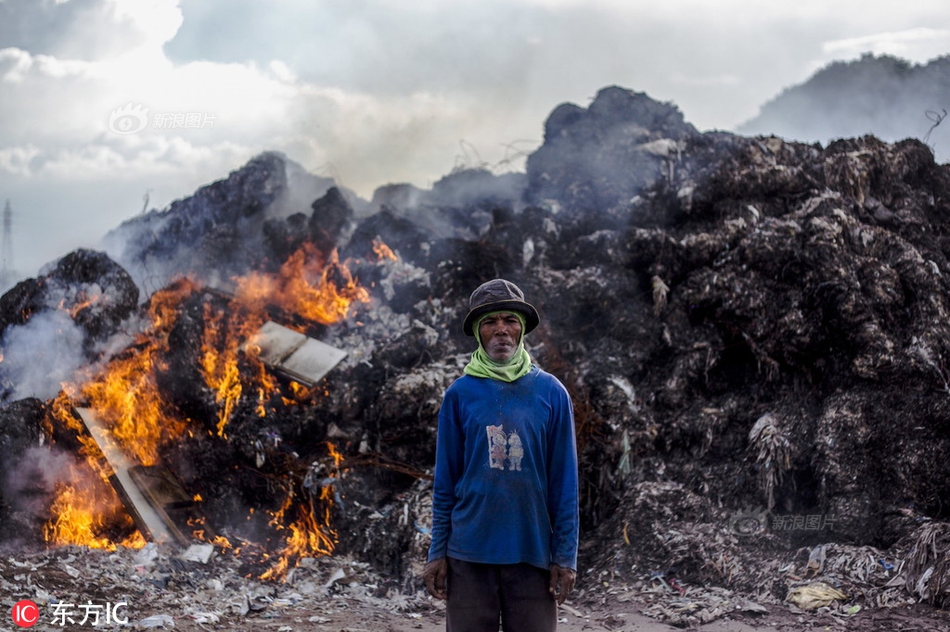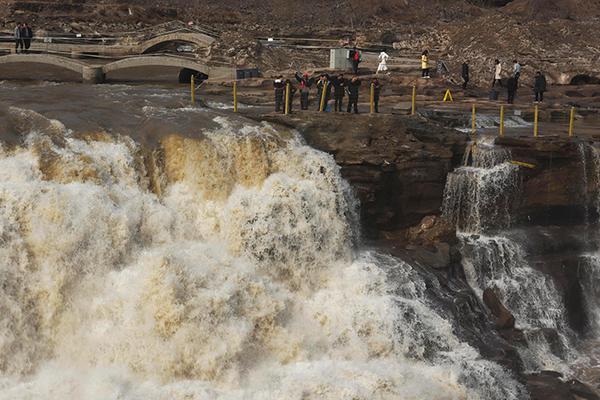Putting Millions Back to Work
A conversation with Bishop Dwayne Royster Bishop Dwayne Royster of the PICO Network speaks at the launch of the Millions of Jobs campaign. / Photo courtesy of Dwayne Royster
Bishop Dwayne Royster of the PICO Network speaks at the launch of the Millions of Jobs campaign. / Photo courtesy of Dwayne Royster o
l
u
m
n
s
Welcome to Interviews for Resistance. Since election night 2016, the streets of the United States have rung with resistance. People all over the country have woken up with the conviction that they must do something to fight inequality in all its forms. But many are wondering what it is they can do. In this series, we’ll be talking with experienced organizers, troublemakers, and thinkers who have been doing the hard work of fighting for a long time. They’ll be sharing their insights on what works, what doesn’t, what has changed, and what is still the same.
Sarah Jaffe with Bishop Dwayne Royster:
Bishop Dwayne Royster:Hi, I am Bishop Dwayne Royster. I am the Political Director of the PICO National Network and PICO Action Fund. I also serve as the first national vice chair of the Working Families Party.
Sarah Jaffe:You are part of quite a large coalition that recently launched a Millions of Jobs campaign. Tell us about that.
DR: We are working with a coalition of organizations that have pressed the Congressional Progressive Caucus to come up with a plan for a jobs and infrastructure bill that will put millions of people back to work. In particular, those folks that have been really locked out of the job market, locked out of infrastructure opportunities and jobs; also making sure that we are looking towards the future and not looking towards the past by building out green jobs, by working in urban areas, making sure people of color are prioritized in the work around the infrastructure builds that need to happen, that we are building our education infrastructure across the country, building schools, we want to make sure we get parents and other people in the communities where those schools are getting built and those jobs by creating job opportunities for them.
We are talking about making sure that jobs stay in communities, that the infrastructure benefits communities.
We are really excited because we think the legislation that is going forward is going to be really progressive legislation that is going to be transformative for communities. It is not about privatization. It is actually about making sure that public dollars are put towards the public trust and that the public ultimately benefits both from the resources that are being built, but from the job opportunities that are being created at the same time.
SJ:This is a pretty impressive coalition. Can you tell us a little bit about how it came together?
DR:There has been a group working together for a season now, for about eighteen months, that is really trying to push progressive ideas in our nation. It is a plethora of progressive organizing and advocacy groups that have been together for a while, including the PICO Network, Center for Popular Democracy, Working Families Party, Demos, Ultraviolet, Color of Change. You always get trouble started with a list because you start to forget people, but there are about twenty organizations that are progressive. The PCCC is a part of that.
We had been working together already, but after the election we put our heads together and said, “Okay, what do we need to lift up? What are the important pieces?” One of the things that really came to the forefront was that there was going to be this jobs and infrastructure bill that we were deeply concerned that the president and the majority of both the House and Senate were going to try to create privatized work that really only benefits the wealthy and doesn’t really benefit the mass of people out there. We began to say, “We need to do something about this. We need to get out in front of this. We need to put out an agenda that is pro-family, that is pro-worker, that is pro-community, and is pro-opportunity,” which is what we did. We worked with the Congressional Progressive Caucus to do just that.
SJ: Trump ran talking about an infrastructure plan, and something that probably didn’t surprise a lot of us was that whatever infrastructure plans he has floated have a lot of privatization and very little public investment in them. Can you talk about the importance of public investment and why that is something worth fighting for right now?
DR:I think, ultimately, public investment is about the public good and what is in the public interest. When we come to a place where we are talking about making sure that jobs stay in communities, that the infrastructure benefits communities, then we are talking about opportunities that will carry over for decades, as opposed to privatization which is basically designed to take what limited wealth is in poor and middle class communities and pour it into rich communities and let a few wealthy people benefit from that. That is absolutely destructive to our nation. It is destructive to the economy.
What is exciting about what we are talking about is that public dollars are continually being recycled back in the community over and over again. So, when we talk about building up green infrastructure, we are also talking about ways that communities can create solar cooperatives and so forth to be able to generate the electricity that is necessary for the community, that is money that is being reworked in the community over and over again. When we talk about building new schools and we are excited about that and because the infrastructure for many of our schools is sixty or seventy years old, they have got asbestos in them, they are not in good shape, what we are making an investment in is our young people. We know we will have a return over and over again. When they are experiencing quality education both in terms of teaching and also in facilities, they are going to continue to trust education as they go forth, have families, have children, continue to stay in those neighborhoods and those communities.
Those are exciting things that we are going to see happen when we are working on building infrastructure, whether it is physical infrastructure like building bridges—and lord knows our nation is struggling deeply because of the lack of the care and maintenance of the bridges that we have. But then, we are not only building and rebuilding bridges, but we are also taking folk and communities that struggle deeply and getting them the training and the provisions that they need to be able to work on those sites and be able to build careers.
That is the kind of stuff that is really going to be transforming to our nation, that is going to build our national economy, that is going to help grow our nation back into the state that we want to see it in which is being a world leader. Right now, we are the laughingstock of the world. We want to be a world leader in many of these fields: in education, in infrastructure, in being innovative around opportunities to be able to use renewable resources.
SJ:So often when it comes to infrastructure people think of roads and bridges. As you say, we desperately need to work on those, but also thinking about the infrastructure of care and of taking care of one another. Education is such a key part of that and it doesn’t get included in these infrastructure discussions. It particularly doesn’t get included in infrastructure discussions under Trump and people like him.
DR: Absolutely not. I think Trump and others are trying to make deals and they are trying to maximize the profits for their friends and the other billionaires that they care about. But, when we think about infrastructure I think we have to think about the whole in terms of how we are building out our country, our nation, how we are building out future generations. Any infrastructure project is a project that you are looking at that has to last several decades. What better investment in infrastructure could there be than building up solar energy, building out education priorities for our kids, making sure that we are creating job opportunities for people that have been locked out of those opportunities by creating good-paying middle-class jobs? I think that is infrastructure, as well.
I think infrastructure is much bigger than just looking at roads and bridges. Of course, they are incredibly important, don’t get me wrong on that. But, it is important that we are looking at the infrastructure of a nation which also includes the human resources that we have, as well.
SJ:On that note, the coalition that is coming together on this seems to include different parts of the labor movement that have been on opposite sides of some recent debates. I would love for you to talk about how something like this can bring different groups together.
DR:Well, I think because we have a positive pro-America, pro-family, pro-community, pro-infrastructure idea that is generating a bigger vision of what infrastructure is about, I think several of the building trades and other unions that have joined with us in this are seeing the long-term impact that this can have and the positive impact it can have on their industries. When you are taking a look at some of the unions that are throwing down with us, they are looking for workers, they are looking for skilled people. They need to train folks and prepare them for the future. This helps to create opportunities for them to get some folks that might not have normally been a part of their organizations.
When you think about the laborers and building trades, even CWA is a part of this, and certainly telecommunication is one of those infrastructure pieces. We are talking about in this bill about expanding broadband into rural communities and other areas. It is going to be their workers that are going to be the ones that are going to build out the infrastructure for that in time to come and they recognize that it is important.
If America is to the best that it can be and to thrive, then we all have to work together to come up with some real positive solutions to help us become the best nation that we possibly can be. This is in their best interest. They could cut deals and work it out so that they benefit on some projects, but ultimately their workers are going to be on the same losing side if Trump’s plan goes through with privatization, because they are going to try to use every mechanism they can try to pay workers the least amount of money and try to get the most out of them as opposed as opposed to trying to pay good solid union-wage jobs, union-benefits jobs that are going to benefit communities that struggle deeply across the country.
SJ:So there is an infrastructure bill, but the coalition also has a list of principles that you put forth that say what any infrastructure plan most actually contain. Can you talk about those principles a little bit?
DR:I can certainly talk about the one principle that I worked really hard on was making sure that there was deep racial equity in the plan. I think that in our country, in particular in this moment and time, race has been used as a tool to divide us. What we are really talking about is trying to have a positive racial framework that says from the very beginning, “We want everybody to thrive,” but in particular people of color have been locked out of opportunities around jobs and infrastructure. We want to make sure that happens.
We want to have a pro-renewable energy strategy that helps us to understand that we have to think about new ways of creating energy and bringing electricity and renewable resources into our homes. We have this free resource called the sun that we are not taking advantage of and we want to be able to do that. We want to be able to lower emissions. We want to be able to improve the health outcomes in communities that have struggled as a result of using coal for generations for some power plants and other industries and try to find ways to be able to use resources that are not going to promote sickness and illness amongst folks. We have principles that we are laying out that we are very clear about that we think are in the best interest of our nation, best interest of our communities, the best interest of getting people back to work and creating new careers for people to be able to live into for a very long period of time.
SJ:You have quite a few members of Congress already signing onto this. What has been the response since this went public?
This plan shows the best of what America could look like if we choose to be inclusive, if we choose to recognize each other as human beings.
DR:I think it has been positive so far, from what I have seen in the media so far and what I have heard from other folks. I think people are excited. I think they feel like this is moving in the right direction. Certainly, there have been naysayers on the conservative side who have just kind of dismissed it outright. But for the most part people are really excited that we have gotten out this entitlement plan, that we are trying to move something positive into the future, and that we are trying to create a new framework for what America could look like.
SJ:Talking about putting forward a positive viewpoint, looking forward into the 2018 election, it seems in many places like the Democratic Party really just wants to run on Trump and Russia. Talk about the importance of having a plan like this to put forward and to actually say, “It is not just that Trump is bad, but we actually have a plan that we want to enact and if you put different people in office, we can maybe actually enact it.”
DR:Not to get sidetracked on this, but that America has lost its identity. It is a great bastion of multiple peoples, multiple ethnicities, multiple religions, multiple socio-economic groups that are here in this one big place. I think what this plan does is that it shows the best of what America could look like if we choose to be inclusive, if we choose to recognize each other as human beings, if we choose to see that there is no “us” and “them.” It is all of us together.
We have a plan here that impacts both the urban communities and the suburbs and rural communities. It benefits black, white, Latino, indigenous communities, the Asian and Pacific Islander communities. It benefits both those struggling deeply and those that have some level of wealth in this country. It really demonstrates basically what I think is the new American identity and ultimately, in many respects, what we are ultimately trying to drive to is we need to create a new America that reflects the inclusion of all and the absence of none. I think this is the type of legislation that helps us see what America at its best could potentially look like.
SJ:What are the plans going forward for a campaign around this plan?
DR:All the organizations are continuing to roll this out within their institutions and working with their bases to help people begin working with their legislators to prepare both their House members and the Senate members to let them know, “Hey, this is what our expectations are.” We will be doing the traditional things: phone banking and visiting the legislators both in their home offices and also in D.C. But, in addition to that, there will be actions. We are going to be lifting this up with actions around the country so that people can get educated around the bill, see how this is going to benefit their community, and make sure that their voices are loud and clear in both telling the House, the Senate, and the administration that these are what our expectations are for our country. After all, they work for us. We don’t work for them.
SJ:How can people get involved with that?
DR:There are a variety of organizations that we have mentioned before. We certainly would invite folk if they are interested in more information, they can reach out to Working Families Party, they can go to Demos, they can go to PICO National Network or PICOnetwork.org, Center for Popular Democracy, Color of Change, and all of the organizations whose names I always forget about. There are ways they can get involved in their local communities and many of these bodies have organizations in their local areas that they can get in right on the ground.
After all, it is not so much about just being a part of national work, but it is really the local work, about getting local members of Congress, about getting the Senators from their states to let them know that this is what their expectations are for this work. We would certainly invite them to get engaged. If you want more information, you can go to www.PICOnetwork.org and they can reach out to me—that is Dwayne Royster, Political Director there—and I will be glad to send more information to them.
Interviews for Resistance is a project of Sarah Jaffe, with assistance from Laura Feuillebois and support from the Nation Institute. It is also available as a podcaston iTunes. Not to be reprinted without permission.




















